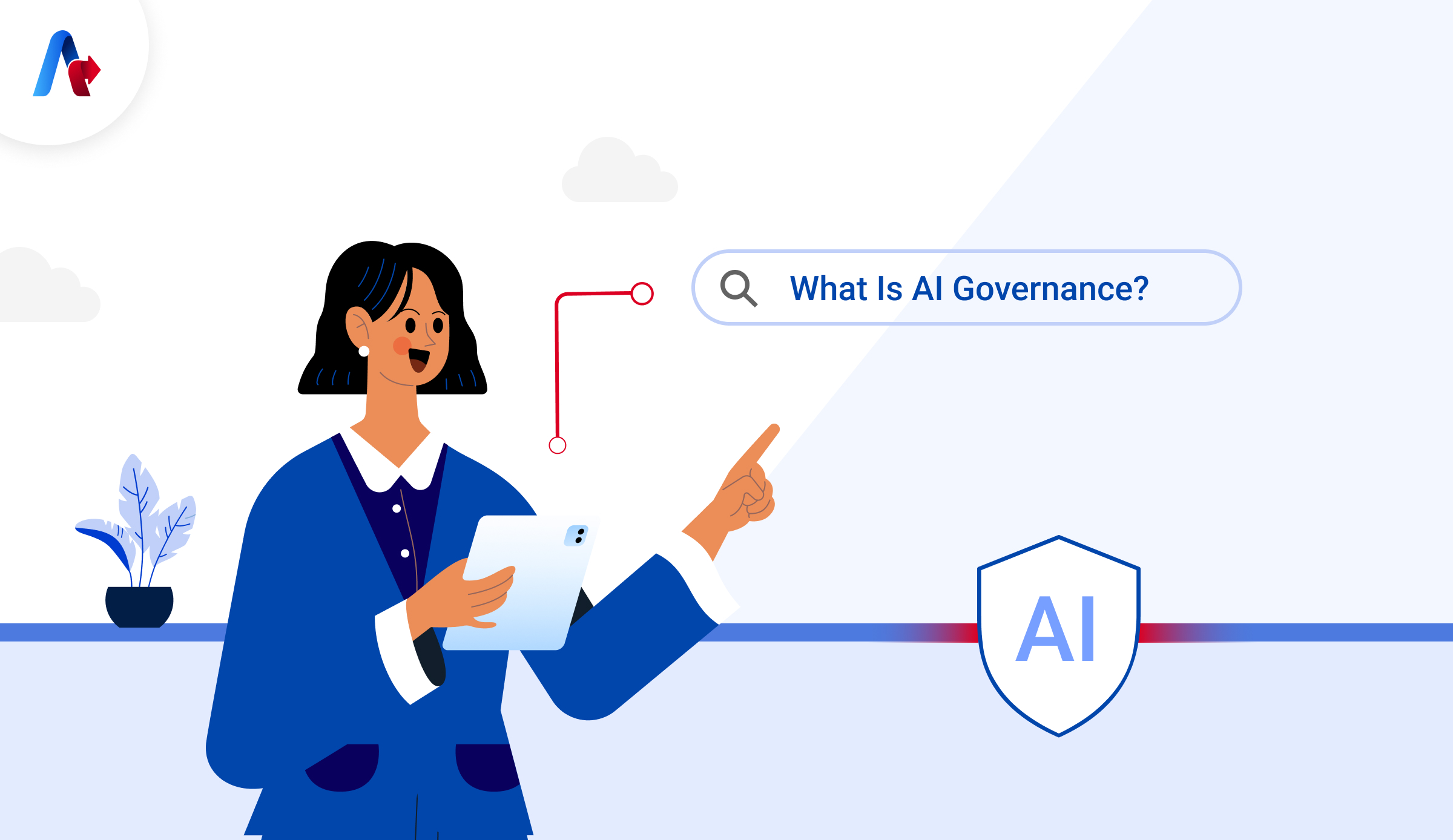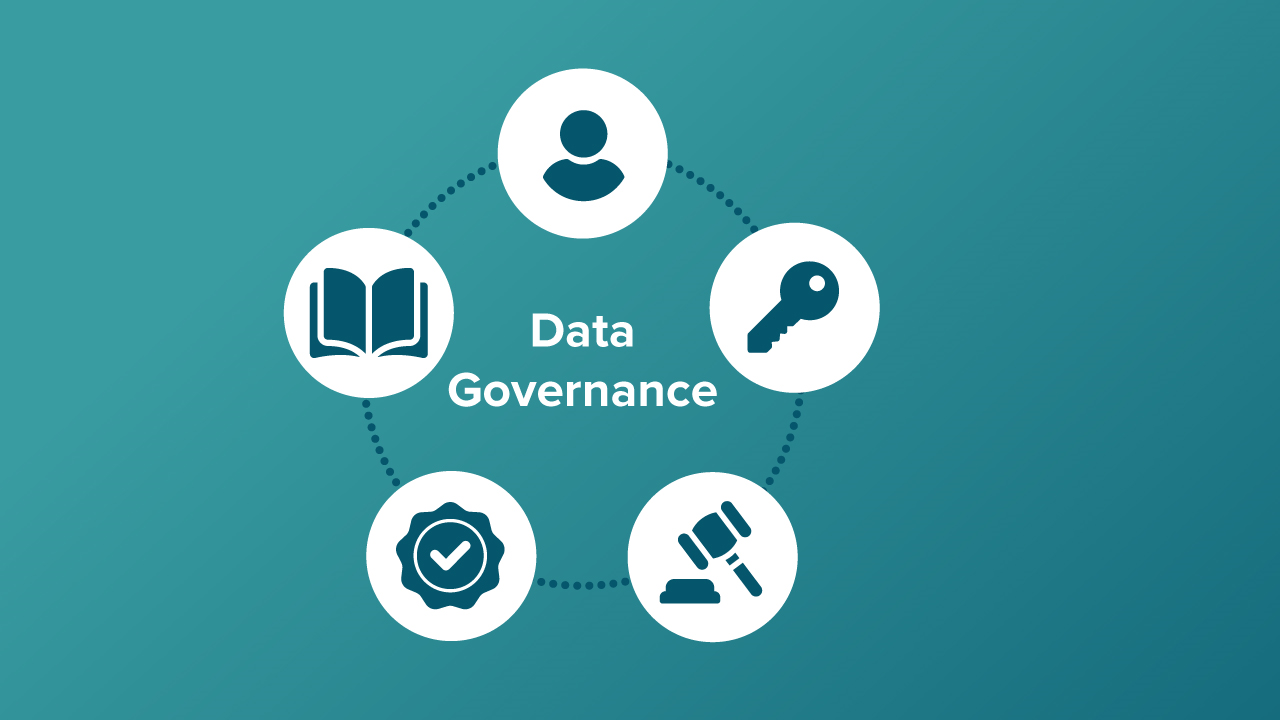Building a Data Governance Framework: Step-by-Step Guide
A data governance framework tailored for humanitarian assistance organizations provides a structured approach to managing data assets effectively. We will explore how to build a comprehensive data governance framework step by step, ensuring it aligns with organizational goals and industry best practices.








